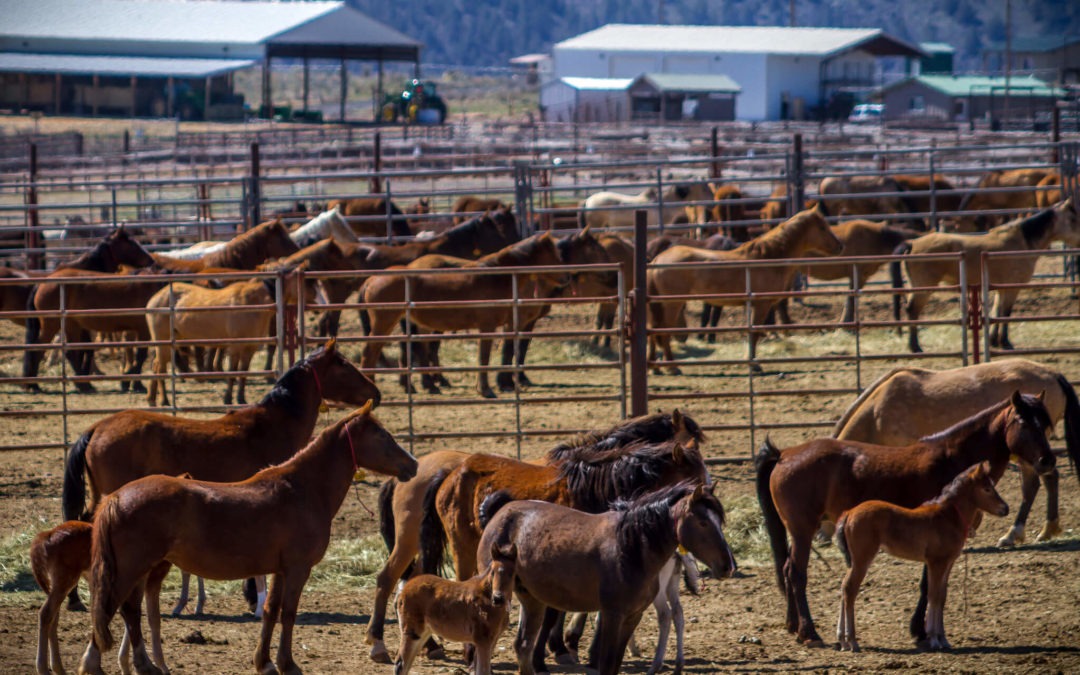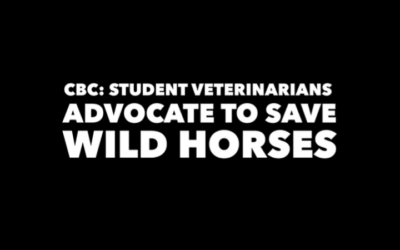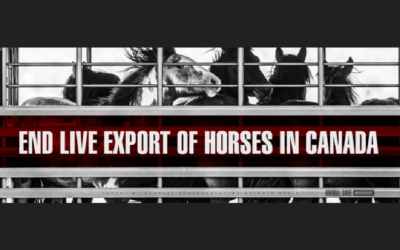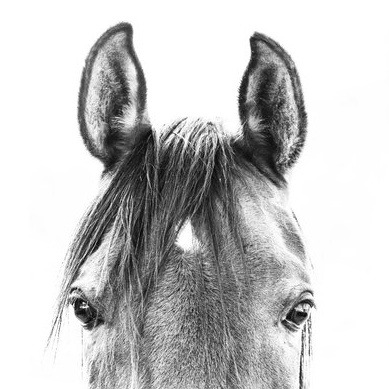Picture: Bureau of Land Management Oregon
Excerpts from an article by Sam Block from https://newfoodeconomy.org
“Equine slaughter has been banned in America for over a decade. But the horse meat trade is still thriving.”
“For decades, BLM has rounded up wild horses and burros, aiming to do it every three to five years. Right now, a round-up is underway in Nevada. Last year, the bureau removed 11,472 wild horses and burros nationwide, more than in the three previous years combined. But its taxpayer-funded corrals and pastures, where horses wait to be sold or adopted, are nearing capacity.
The pressing question is where to put this growing population once existing options are full. Slaughtering horses for food is illegal in the U.S., but a market exists beyond our borders, in Europe, Japan and Russia. This is why brokers called “kill buyers” send trailers full of horses, both wild and domestic, into Mexico and Canada, where slaughter is legal. Last year, 81,573 horses made the trip.
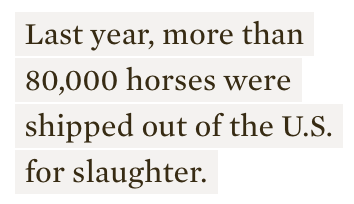
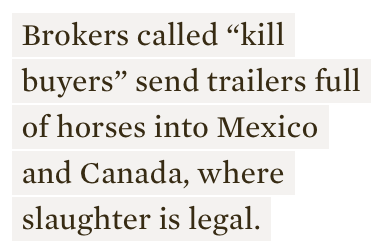
Wild horses are a minority in the disposable horse population, though they have an impact out of proportion to their numbers: They make it more difficult for ranchers to raise the cattle we eat. Once shipped out of the U.S., they are outnumbered at foreign slaughterhouses by privately-owned riding horses or racehorses sold for an array of reasons—too old, too small for a growing rider, too expensive, not fast enough, or excessive in some way that an owner found intolerable.”


T-SHIRTS IN SUPPORT OF HORSE RESCUE FUND
LIMITED TIME OFFER FREE SHIPPING CANADA & USA
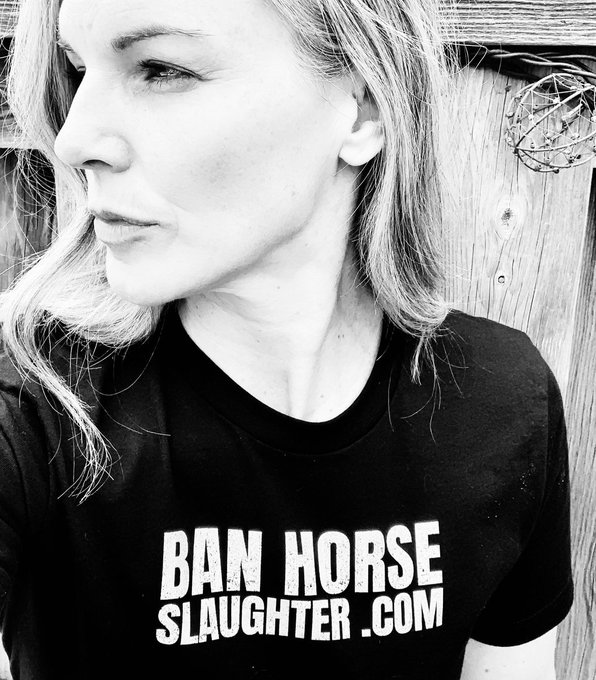
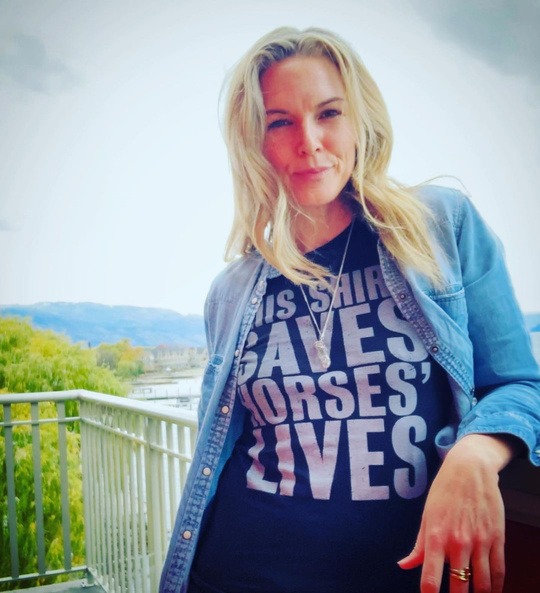
CANADA SLAUGHTERS HORSES FOR HUMAN CONSUMPTION
It may be hard for some to believe that tens of thousands of horses, including pets, are routinely slaughtered in Canada, for human consumption.
Some of the meat is consumed in Canada and much of it is shipped to the European Union and other markets, including Japan.
The barbaric slaughter of horses is currently not legal in the United States, BUT horses, including pets and ex-racehorses, from the United States are shipped to Canada and to Mexico to be slaughtered.
In addition Canada allows for the transportation of live horses to Japan, to be slaughtered for human consumption, and unfortunately the transportation of horses destined for slaughter within Canada, and by air, is far from humane.
CBC (VIDEO) STUDENT VETERINARIANS JOIN TO SAVE WILD HORSES
WE ARE CURRENTLY RAISING FUNDS IN SUPPORT OF...T-SHIRTS IN SUPPORT OF HORSE RESCUE FUND LIMITED TIME OFFER FREE SHIPPING CANADA & USA CANADA SLAUGHTERS HORSES FOR HUMAN CONSUMPTIONIt may be hard for some to believe that tens of thousands of horses, including pets,...
PETITION: BAN LIVE EXPORT OF HORSES FOR SLAUGHTER
IT TAKES LESS THAN 2 MINUTES TO SIGN & SHARE Demand Atlas Air and Korean Airlines stop the live exports. Let’s stop Canada’s Live Horse Export Shame. Are you opposed to eating horse “meat” and also their slaughter for meat or live shipping them overseas...
HORSE SEARCH
FORMER OWNER WANTS TO KNOW MARE IS OKAYIf by chance you recognize this mare or currently own this horse would you be kind enough to call or text Emily at (403) 394-6471 Her name may have been changed but it was Loki before she was sold. November 2, 2023: It is now...

